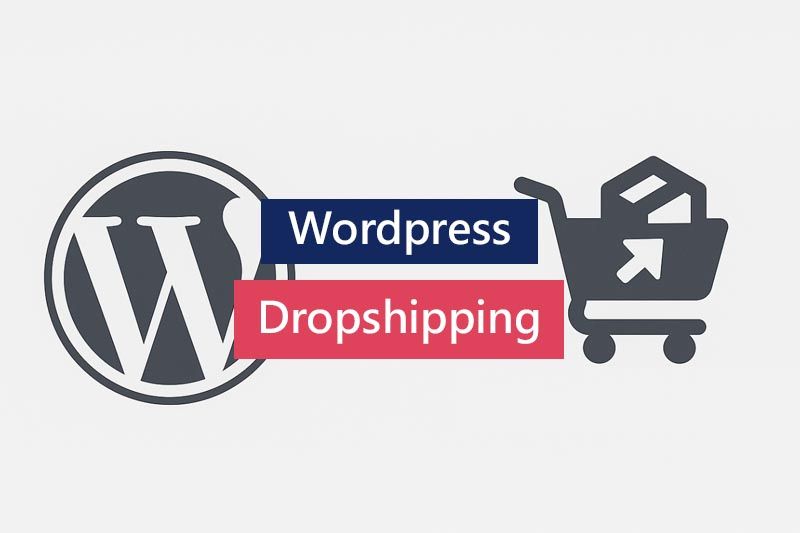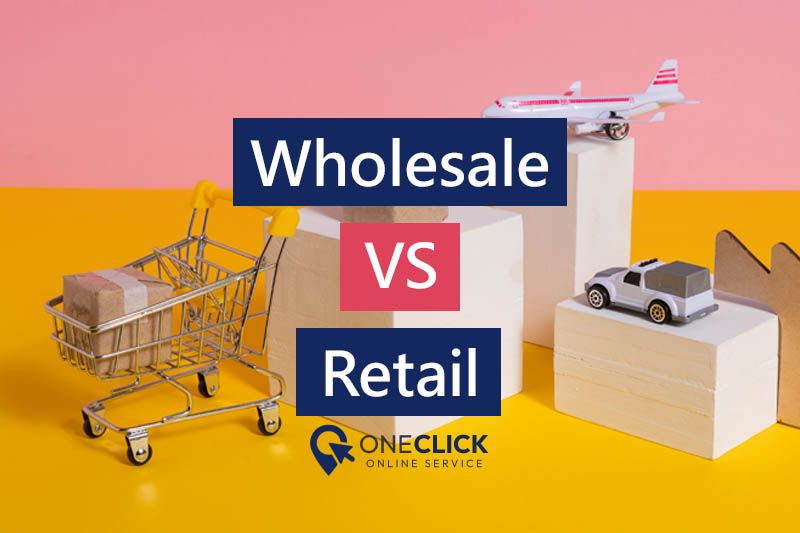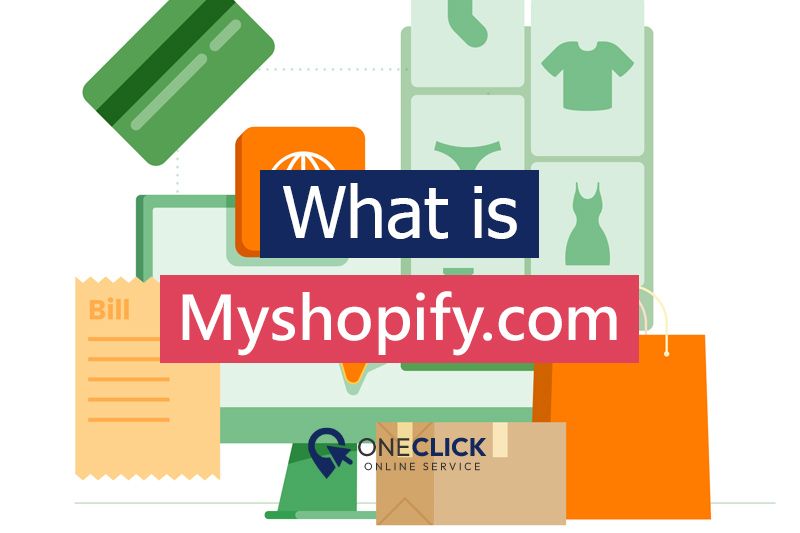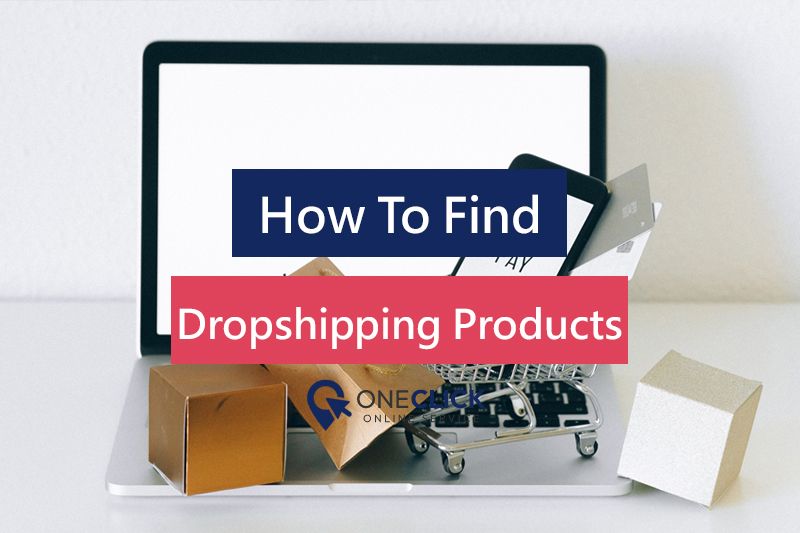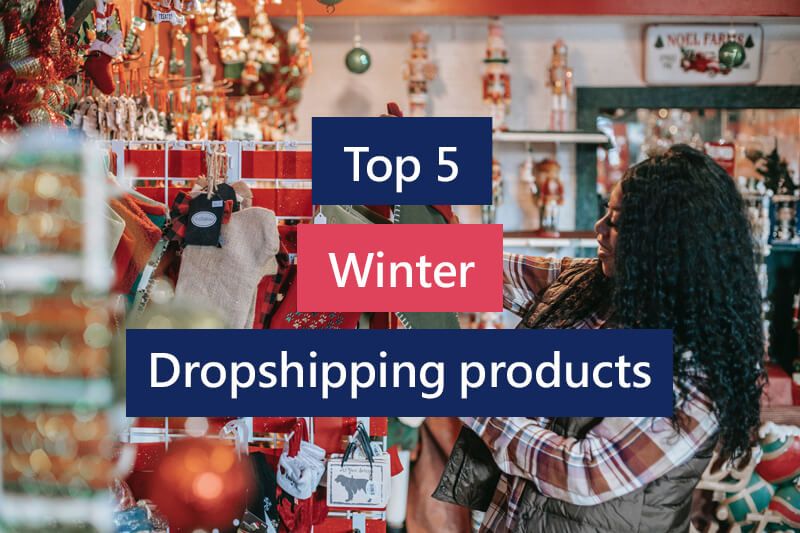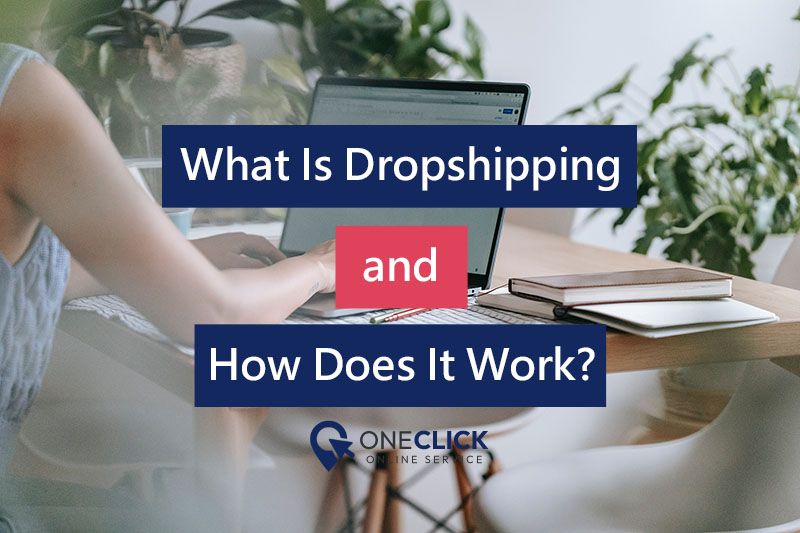Alibaba vs. AliExpress: Which One Is Best for Dropshipping?
When considering dropshipping, selecting the right platform plays a pivotal role in a business's success. Alibaba and AliExpress, both owned by the Alibaba Group, are two prominent e-commerce platforms offering different services and catering to distinct audiences. Understanding the differences between them is essential to make an informed decision for your dropshipping venture.
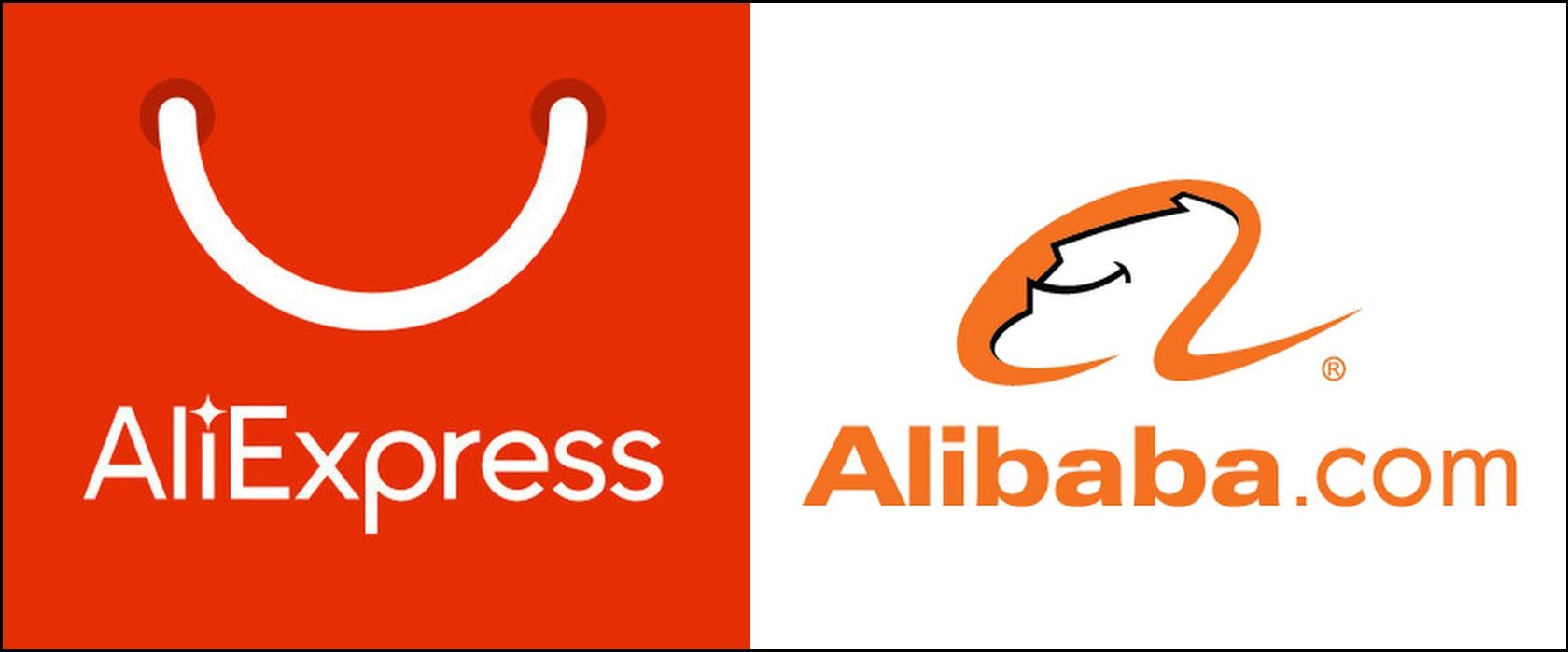
What is Alibaba?
Alibaba is a wholesale marketplace primarily designed for B2B (Business-to-Business) transactions. It connects manufacturers and suppliers with business owners, enabling bulk purchases of products at wholesale prices. With a vast array of product categories and suppliers from around the world, Alibaba is ideal for entrepreneurs looking to buy products in bulk for resale or manufacturing purposes.
What is AliExpress?
In contrast, AliExpress operates as a retail platform targeting consumers. It serves as a go-to platform for individual buyers, allowing them to purchase products in smaller quantities at competitive prices. AliExpress offers a diverse range of items, including electronics, fashion, home goods, and more, often at lower quantities and retail prices compared to Alibaba.
These are two of the best OneClick ECommerce Dropshipping articles, I suggest you don't miss them
Alibaba vs. AliExpress?
Can you use both for dropshipping?
Both Alibaba and AliExpress can be used for dropshipping, but they have distinct features and functions that cater to different dropshipping needs. Alibaba mainly focuses on bulk wholesale orders from manufacturers, while AliExpress is more suited for smaller quantities and single-item orders.
Finding the best dropshipping suppliers: AliExpress vs. Alibaba
Alibaba: Known for connecting businesses with manufacturers and wholesalers worldwide, Alibaba offers a wide range of suppliers, including manufacturers, trading companies, and wholesalers. It's ideal for bulk orders and customized products.
AliExpress: Geared towards smaller businesses and individuals, AliExpress provides a vast marketplace with numerous suppliers offering products in lower quantities. It's suitable for testing products, dropshipping single items, and smaller-scale orders.
Is there a MOQ (Minimum Order Quantity)?
Alibaba: Typically, Alibaba suppliers have higher Minimum Order Quantities (MOQs) as they deal in bulk orders. The MOQ can vary significantly based on the product, ranging from hundreds to thousands of units.
AliExpress: AliExpress usually does not enforce a strict MOQ, making it more accessible for dropshippers looking to purchase smaller quantities. Buyers can often order single units of products.
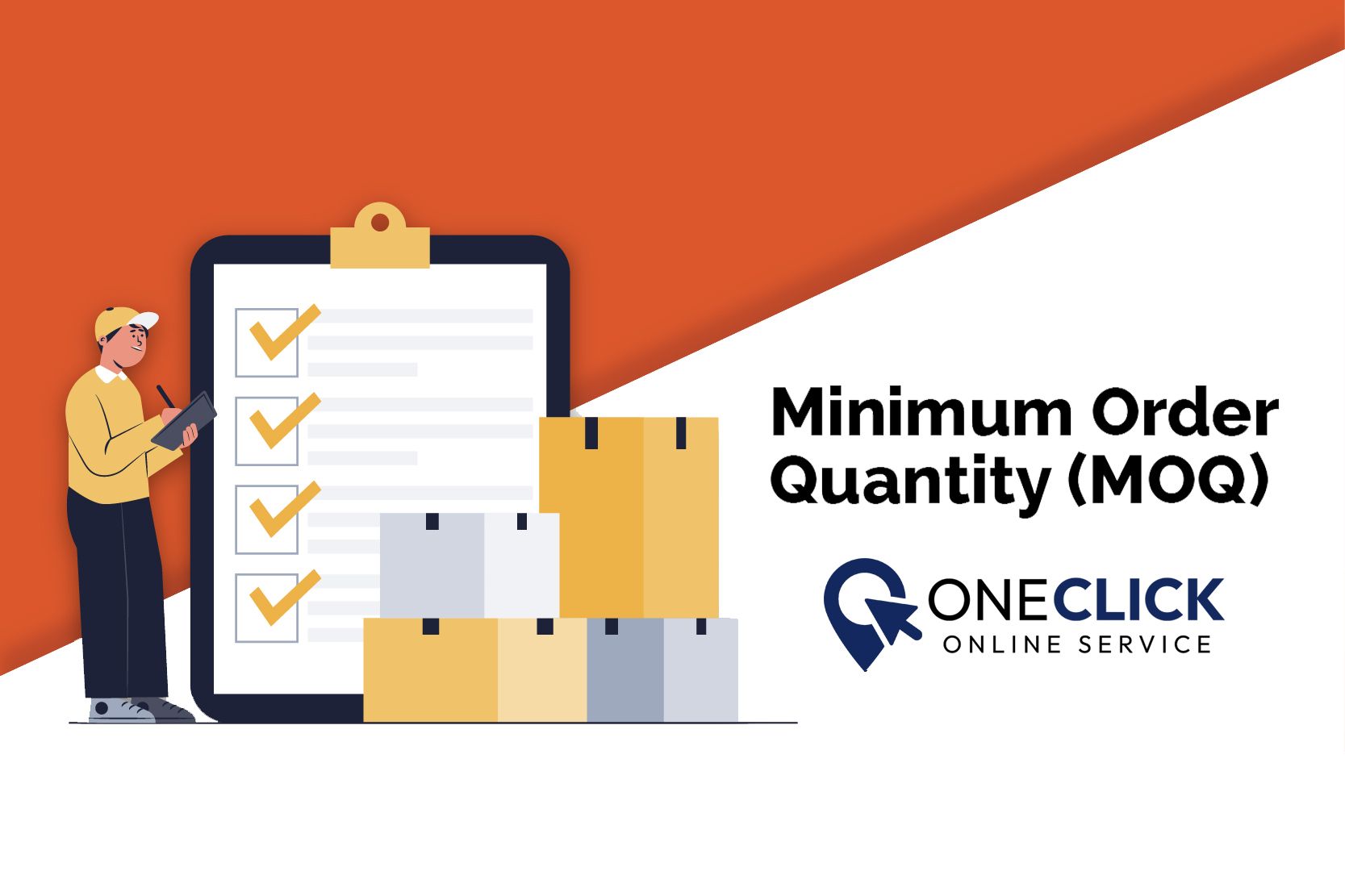
Do they provide branded products and packaging?
Alibaba: Alibaba offers the possibility to source products from suppliers who specialize in manufacturing branded products and customized packaging. This platform allows more extensive customization options but often at higher MOQs.
AliExpress: While some sellers on AliExpress may offer branded products, they might not be the original brand or may lack official licensing. Customized packaging options are usually limited, especially for smaller quantity orders.

Why is Alibaba more expensive than AliExpress?
Alibaba vs. AliExpress Price: The pricing disparity between Alibaba and AliExpress can be attributed to several factors. Alibaba typically offers products at higher prices due to its focus on bulk orders and wholesale transactions. This platform caters to businesses seeking larger quantities, customized products, and direct dealings with manufacturers or suppliers. In contrast, AliExpress provides lower prices as it's tailored for individual customers, small businesses, and those purchasing smaller quantities. Additionally, transparency on pricing varies; Alibaba often involves negotiation for better prices based on quantities, customization, and other factors, while AliExpress generally presents fixed prices for individual items.
Processing & Shipping Times
Alibaba between AliExpress: Processing and shipping times vary significantly between Alibaba and AliExpress. Alibaba primarily deals with bulk orders and customized products, so the processing time tends to be longer due to production requirements, negotiation processes, and shipping logistics for larger volumes. Conversely, AliExpress specializes in smaller quantity orders, leading to shorter processing times. However, shipping times can also vary based on the seller's location, shipping method chosen, and product availability.
How do they handle returns?
The return policies on AliExpress and Alibaba differ based on the nature of their platforms. AliExpress typically has a standardized return policy for individual buyers, allowing returns for various reasons within a specified period. This convenience is often accompanied by buyer protection programs. On the other hand, Alibaba's return policies may vary significantly among suppliers and businesses, especially with bulk orders and customized products. Buyers are advised to thoroughly review the terms and conditions provided by the respective sellers or suppliers.
Click here to learn about Alibaba Dropshipping
Check out the product and store reviews
Both Alibaba and AliExpress provide user reviews and ratings for products and stores. On AliExpress, individual buyers often leave reviews, giving insights into the quality, delivery, and seller's service. Alibaba also includes reviews, but they might be more focused on business transactions, product quality in bulk orders, and interactions with manufacturers or suppliers. Checking these reviews helps in assessing the reliability, reputation, and quality of the products and services offered by sellers on both platforms.
Communicational barriers
Alibaba and AliExpress can present communication challenges due to language barriers, especially when dealing with international suppliers or sellers. Alibaba, being more focused on bulk orders and B2B transactions, may require more in-depth communication regarding customization, negotiation, and specific business requirements. AliExpress, catering to smaller-scale orders and individual buyers, usually offers more straightforward communication but can still encounter language barriers, albeit less frequently.
Requesting cash transfer
Alibaba and AliExpress have different systems for payment and transaction handling. On Alibaba, particularly for bulk orders or larger transactions, requesting cash transfers might be a common practice. It involves negotiations and direct agreements with suppliers for specific payment terms, especially for customized products, large quantities, or long-term contracts. In contrast, AliExpress typically facilitates payments through secure online transactions, offering various payment methods for smaller-scale purchases and individual orders.
What is the difference between Alibaba and AliExpress?
Target Audience:
Alibaba caters primarily to businesses seeking bulk orders at wholesale prices. AliExpress targets individual consumers interested in purchasing products in smaller quantities at retail prices.
Order Quantity:
Alibaba encourages bulk purchases, typically with minimum order requirements. AliExpress allows customers to buy individual items or small quantities without minimum order constraints.
Pricing:
Alibaba offers wholesale prices intended for bulk purchases, often providing discounted rates for larger quantities. AliExpress provides retail prices, usually at lower quantities and competitive retail rates.
Supplier Interaction:
Alibaba involves direct communication with suppliers, negotiation of prices, and customized product manufacturing. AliExpress facilitates straightforward transactions, generally with fixed prices and standard products.
Shipping Time and Costs:
Alibaba's shipping times may vary significantly due to bulk production and international shipping. AliExpress usually offers faster shipping options for smaller quantities with varying shipping costs.
These platforms have their unique advantages, making them suitable for different business models and requirements in the dropshipping industry. Understanding their differences can help in making informed decisions based on specific business needs.
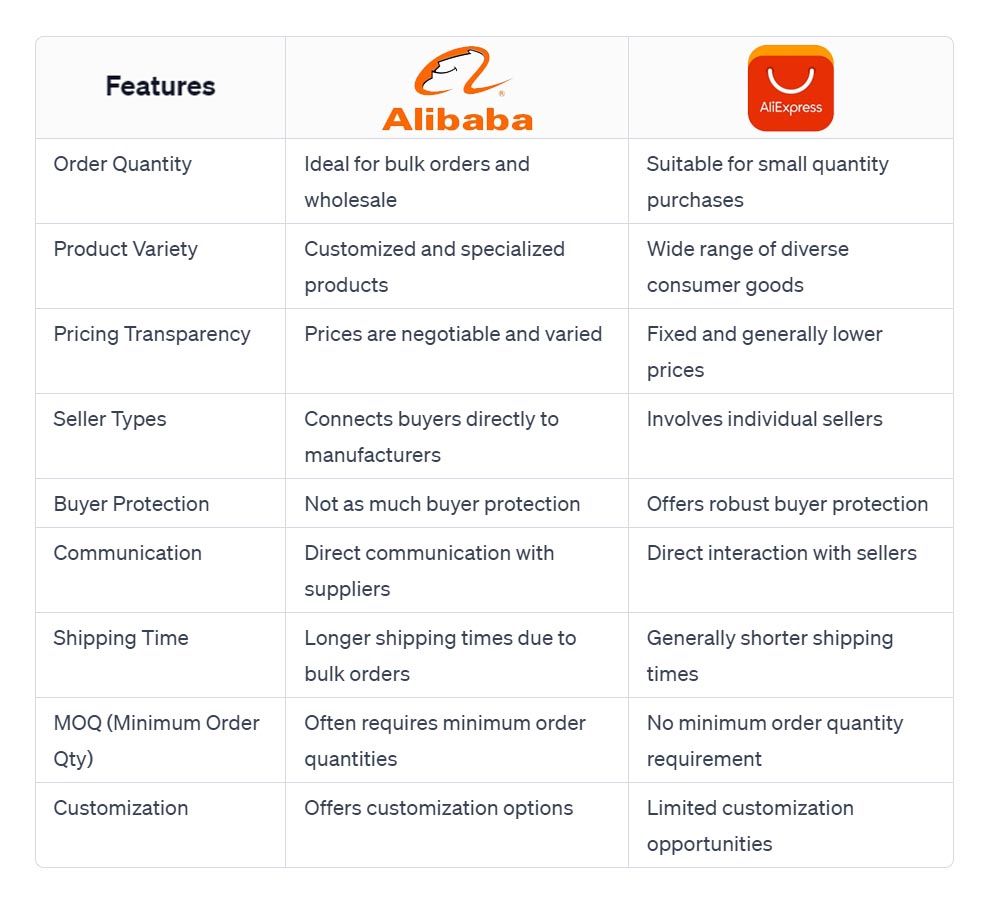
So, AliExpress or Alibaba?
Alibaba is best for you if:
Alibaba is ideal for businesses or individuals seeking bulk orders, customized products, and direct dealings with manufacturers or suppliers. It suits those requiring larger quantities, specialized items, and negotiations for competitive prices.
AliExpress is best for you if:
AliExpress caters to individual customers, small businesses, and those needing smaller quantities of products. It's perfect for people seeking affordable prices, quick transactions, and buyer protection for individual purchases.



